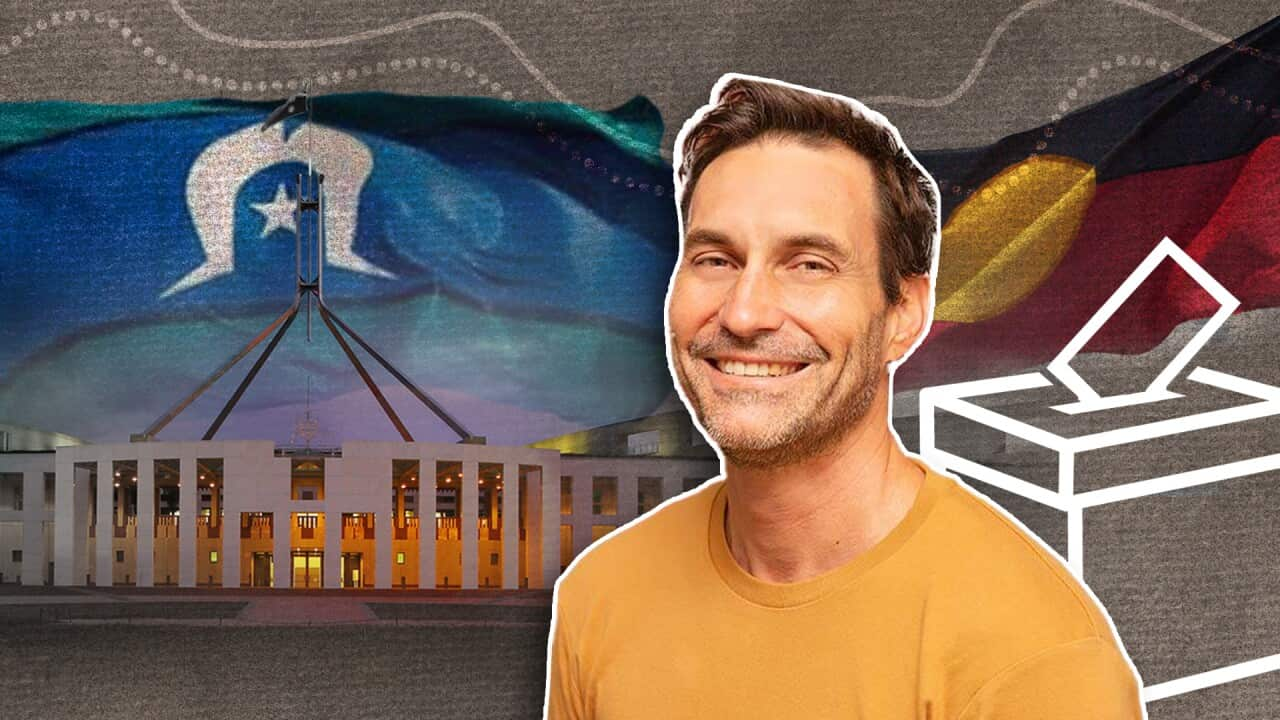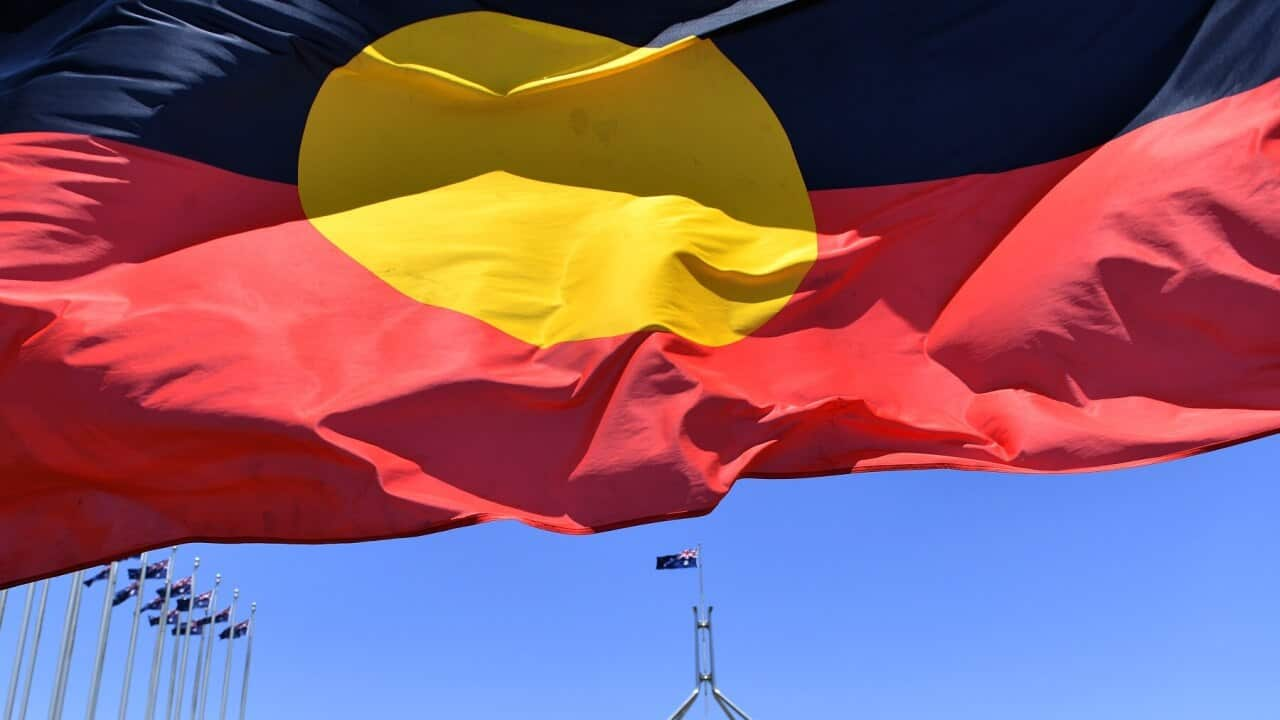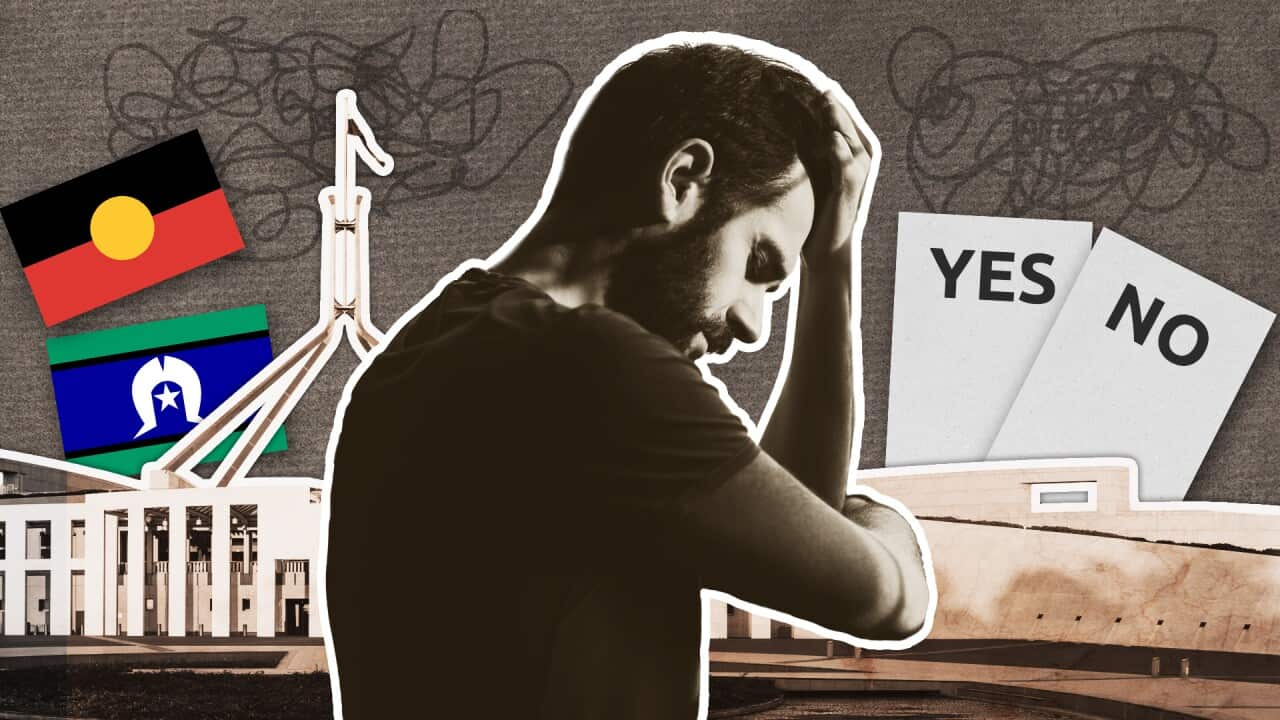First Nations mental health leaders are calling for respectful and inclusive public discourse throughout the Federal Election campaign, warning that racist and harmful commentary around issues affecting Aboriginal and Torres Strait Islander communities can deepen existing trauma and social harm.
The Black Dog Institute, along with leading Indigenous mental health organisations, has launched the Respectful Election Guidelines, urging politicians and media to consider the social and emotional well-being of First Nations communities in their coverage and campaigning.
Gamilaroi man Dr Clinton Schultz, Director of First Nations Strategy and Partnerships at the Black Dog Institute, said the need for respectful conversation has become especially clear in the wake of the Voice to Parliament referendum.
“We witnessed during the Voice referendum and in previous elections that discussions that are undertaken with regards to Aboriginal affairs aren't always undertaken in a way that is respectful or mindful of the social and emotional impact that those conversations can actually have on us as First Nations peoples,” Dr Schultz told NITV.
“We're asking people have discourse in a way that is respectful and helps to maintain our social and emotional well-being during the election period."
The guidelines, co-developed by the Australian Indigenous Psychologists Association (AIPA), Indigenous Allied Health Australia (IAHA), Gayaa Dhuwi (Proud Spirit) Australia, Thirrili, and the Black Dog Institute, are designed to prevent the kind of psychological harm witnessed during past political debates.
Dr Schultz noted that while the current campaign has not yet spotlighted Indigenous affairs as heavily as in past elections, it’s only a matter of time.
“We want to be on the front foot and ensure that everybody is being mindful of undertaking those conversations in a respectful way.”
A shared responsibility for politicians and media
Dr Schultz emphasised that the media has a critical role in how First Nations issues are portrayed.
“I think that media does hold a responsibility to ensure that what they are broadcasting is promoting Indigenous affairs in a way that doesn't further discrimination or bring a negative light to Aboriginal and Torres Strait Islander peoples," he said.
The Respectful Election Guidelines urge political leaders to:
- Set the standard for respectful debate
- Promote truth and honesty
- Prioritise well-being
- Foster unity
- Lead by example
The media-focused Good Yarn Guidelines similarly call for ethical and culturally aware reporting that:
- Challenges deficit-based narratives
- Uses precise and respectful language
- Amplifies diverse First Nations voices
- Is trauma-aware
- Follows best-practice journalism standards
Criticism of political rhetoric on First Nations issues
Dr Schultz also addressed recent comments made by Senator Jacinta Nampijinpa Price, who over the weekend suggested a Coalition government would prioritise audits of First Nations policy and funding.
“I've got no problem with audits,” he said.
“But… there needs to be a fair and transparent process where audits are actually undertaken across all portfolios… rather than just trying to pinpoint and pull out Indigenous affairs.”
“It almost suggests to the public that there's rampant misspending… when we actually know that… there isn't enough spending, there isn't enough support being provided… that we know will bring around a difference.”
He also responded to the Senator’s remarks about education and so-called 'weaponised history'.
“Hopefully what giving people more of an opportunity to understand Australia's history will actually do is allow Australians to all move together in a more productive and positive direction… based on a truth rather than what we've historically had… a masking of the truth.”






